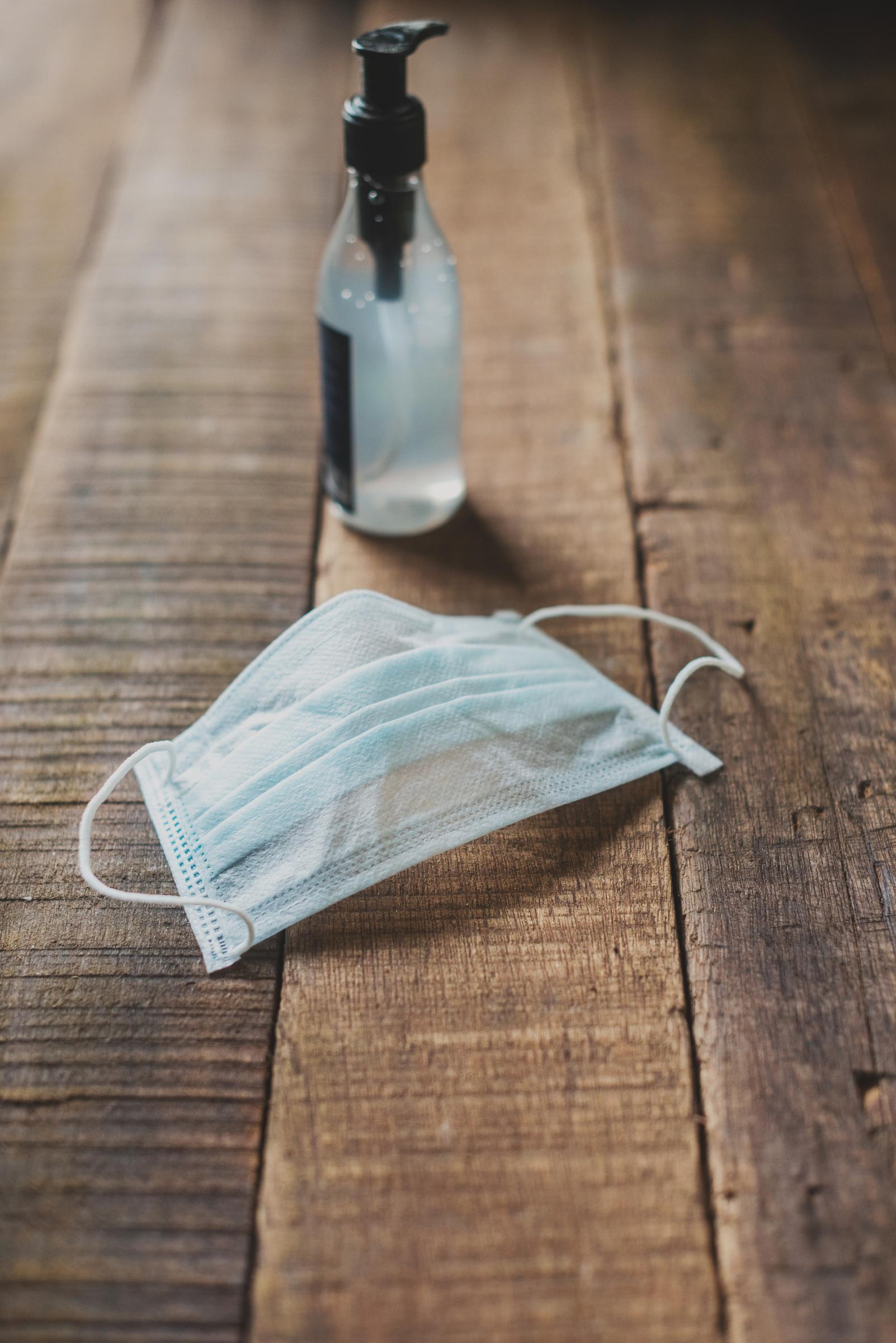I don't feel so good
Unfortunately there are lots of people in our community who are currently unwell. See below for more information:
COVID-19
Just a reminder:
Students who show symptoms of COVID-19 cannot attend school and should get tested immediately and isolate until they receive a negative result. Students who have recovered from COVID-19 do not need to participate in screening testing for 12 weeks after their isolation period has ended.
For information on symptoms visit: https://www.coronavirus.vic.gov.au/symptoms-and-risks.
For more information on how to get tested visit: https://www.coronavirus.vic.gov.au/taking-test-covid-19.
If your child returns a positive RAT result and has symptoms and/or has been in contact with someone with COVID-19, it is very likely that your child has COVID-19.
- You must advise the school and the Department of Health about the positive result
- Your child must stay home for 7 days, and then only leave home once they feel well
Household contacts
Students who are household contacts of a COVID-19 case are not required to quarantine. It is required that that household contacts undertake daily rapid antigen testing five times within the 7 days of exposure. Students from Grade 3 and above who are household contacts are required to wear face masks when indoors at school. This does not apply to students who have a valid exemption.If your child returns a positive RAT result during this period, they must stay home for 7 days, and then only leave home once they feel well. Note: If your child tests positive with a RAT but does not have symptoms and you don’t believe they have been in contact with anyone with COVID-19, it is recommended getting a PCR test within the first 48 hours of testing positive and stay isolated at all times until they receive their result.If your child’s subsequent PCR test is negative, they will be able to leave isolation and return to school. If the PCR test result is positive, they must follow the steps above.
Reporting your child’s positive test
If your child tests positive to COVID-19 you need to report the positive case through the Student COVID-19 Test Portal or you can notify the school in writing or by phone.You must also report your child’s positive test to the Department of Health via the COVID-19 Positive Rapid Antigen Test Self-Reporting Form or call centre on 1800 675 398.
Further information for languages other than English
- For school information in languages other than English, call TIS National on 131 450.
- Please ask them to call the DET COVID-19 hotline on 1800 338 663 and they will help interpret.
- For translated written information about COVID-19, please visit: Translated information about COVID-19 | Coronavirus Victoria.
- For health advice in languages other than English, visit www.coronavirus.vic.gov.au/translated-information-about-coronavirus-covid-19
Financial support available to people affected by COVID-19:
For more information, visit: Financial and other support for COVID-19 | Coronavirus VictoriaIf you need a payment during coronavirus (COVID-19) - Getting help during coronavirus (COVID-19) - Services Australia
General advice and support
For general advice and support please call the Department of Education and Training COVID-19 hotline on 1800 338 663.
You can also contact the school:
Phone: 94898333
Email: megan.smith@education.vic.gov.au
Advice and further resources about what to do if you test positive to COVID-19, or you have been told you are a contact, are at: Your COVID Checklist | Coronavirus Victoria, or call the 24/7 Coronavirus hotline on: 1800 675 398
The Flu
Influenza is an infection caused by a strain (version) of the influenza virus. It mainly affects the nose, throat and lungs, although it can involve other parts of the body. Read the Royal Children's Hospital fact sheet on influenza here.
In the RCH’s latest Kids Health Info podcast episode, Dr Anthea Rhodes is joined by expert guest Dr Margie Danchin to answer your common questions about the flu, including why it’s important to get the vaccine and where to get it:
Or you can watch the episode on YouTube.
Chicken Pox
There have been cases of chicken pox at CHPS in recent weeks. If you notice your child feels unwell with a runny nose and fever and a few days later has a rash of itchy bumps that start usually on the trunk and face, it may be chicken pox. Please read the attached sheets from the Royal Children's Hospital and follow the guidelines, see a doctor as indicated and keep your child home until the last blister from the rash has dried and scabbed over.
Gastoenteritis
Gastroenteritis (gastro) is a bowel infection that causes diarrhoea and sometimes vomiting. The vomiting may settle quickly, but the diarrhoea can last up to 10 days.
Gastro can be caused by many different germs, although the most common cause of gastro is a viral infection. Most children do not need to take any medicine for gastro; however, it is important that they drink plenty of water to avoid becoming dehydrated.
Gastro is spread easily, and is more common and severe in babies and young children. Babies under six months old can become dehydrated very easily and need to be checked by a GP if they have gastro.

